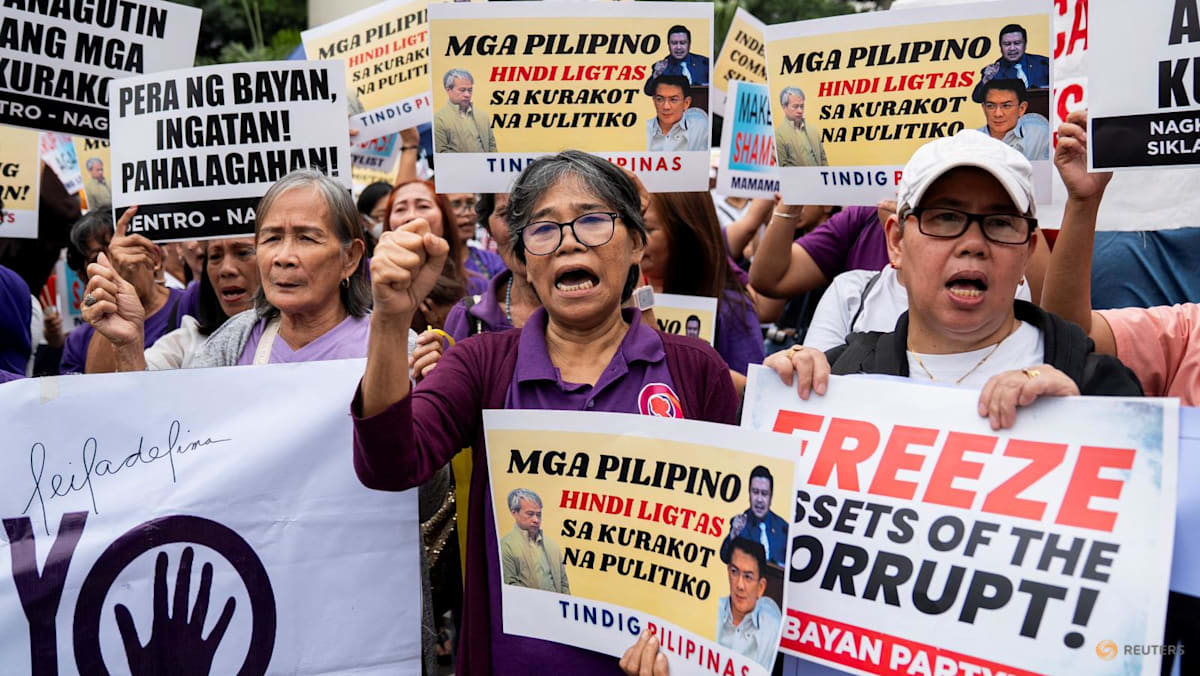RISKS OF PUBLIC APATHY
The absence of a national consensus against the current corruption scandal creates vulnerabilities that the current government cannot afford. Moreover, public apathy risks trapping the country economically. Just as low savings and high population growth can keep nations at low-income levels, tolerance of corruption will weigh on the country’s struggles to escape its lower-middle-income trap.
The Marcos Jr administration should feel compelled to take decisive action and punish guilty officials and private entities. If not, trust in the country’s political institutions will further erode, deterring both domestic reforms and foreign investments.
Filipinos have demanded a more decisive, convincing, and clear programme to deal with corruption, to recover embezzled funds and prosecute culprits regardless of position – for a systemic overhaul so that scandals like the one currently unfolding will not happen again.
Public pressure has also yielded changes in the leadership of the Senate and the House of Representatives in light of the alleged involvement of legislators from both chambers in this corruption scandal. These must be seen as first, not last, steps in this accountability crusade. Anything short of such standards will be perceived as political adjustments rather than genuine reform.
One test of true resolve is whether the mere launch of investigations, such as the creation of the Independent Commission on Infrastructure (ICI), will appease the public, or whether the President will face pressure to pursue corrupt public officials and potentially seize ill-gotten gains.
The President can call on the Ombudsman to lift the Statement of Assets and Liabilities and Net Worth access ban and file cases against public officials using the existing forfeiture laws, which put the burden of unexplained wealth on the accused. Marcos Jr could direct all offices within the executive branch of government to address corruption, with greater transparency and without fear or favour.
The Philippines’ fractured society has an opportunity to cohere around the fight against corruption, delivering a strong message that transcends its polarised politics. A successful anti-corruption drive could be the unifying moment that this bitterly divided country has been yearning for.
Dr Alvin Ang is Professor at the Department of Economics, Ateneo de Manila University. Dr Aries A Arugay is Visiting Senior Fellow and Coordinator of the Philippine Studies Programme at ISEAS – Yusof Ishak Institute. This commentary first appeared on ISEAS – Yusof Ishak Institute’s site, Fulcrum.
